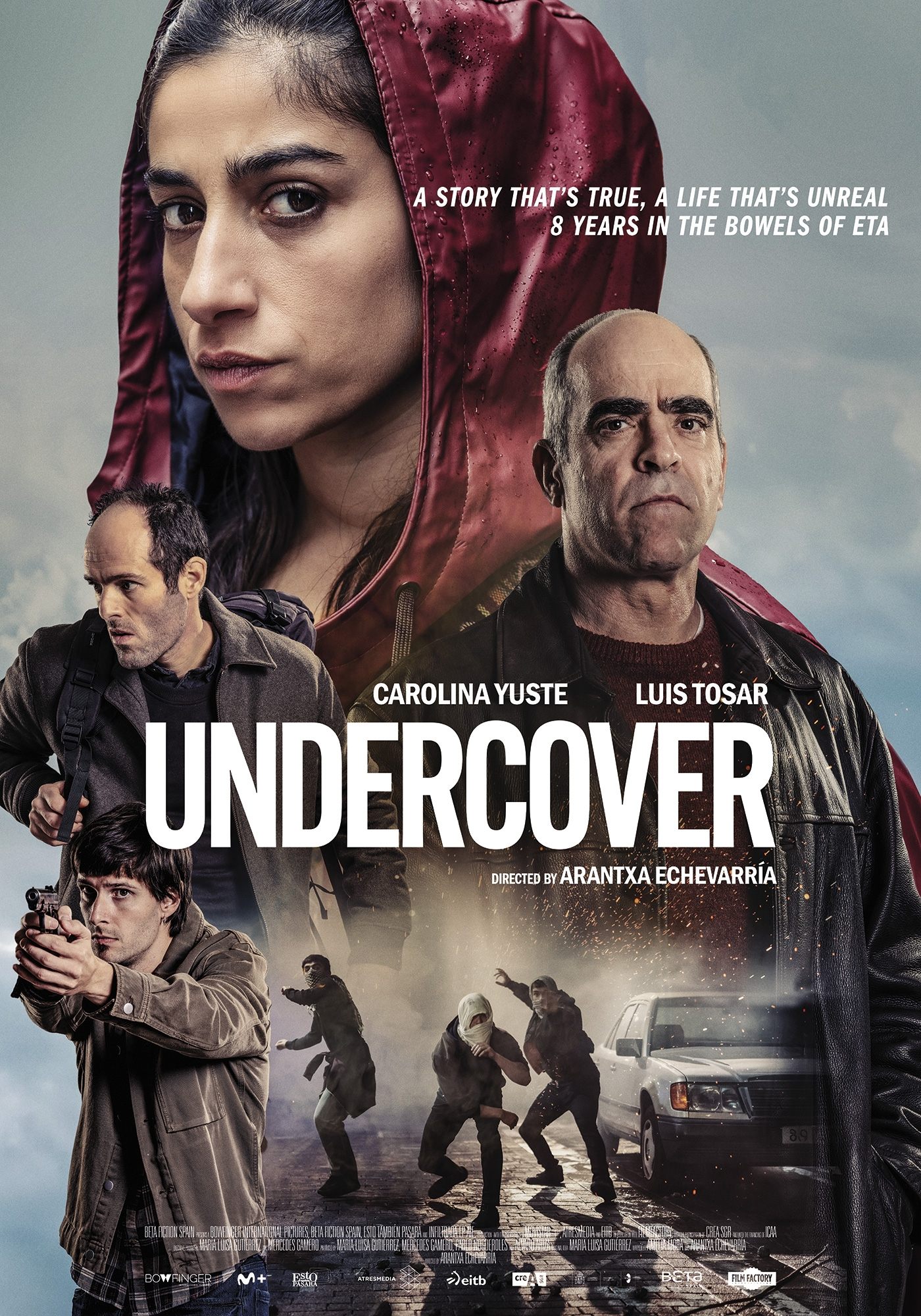
Basque Country, Spain, late nineties. A young policewoman manages to infiltrate the ruthless terrorist gang ETA.
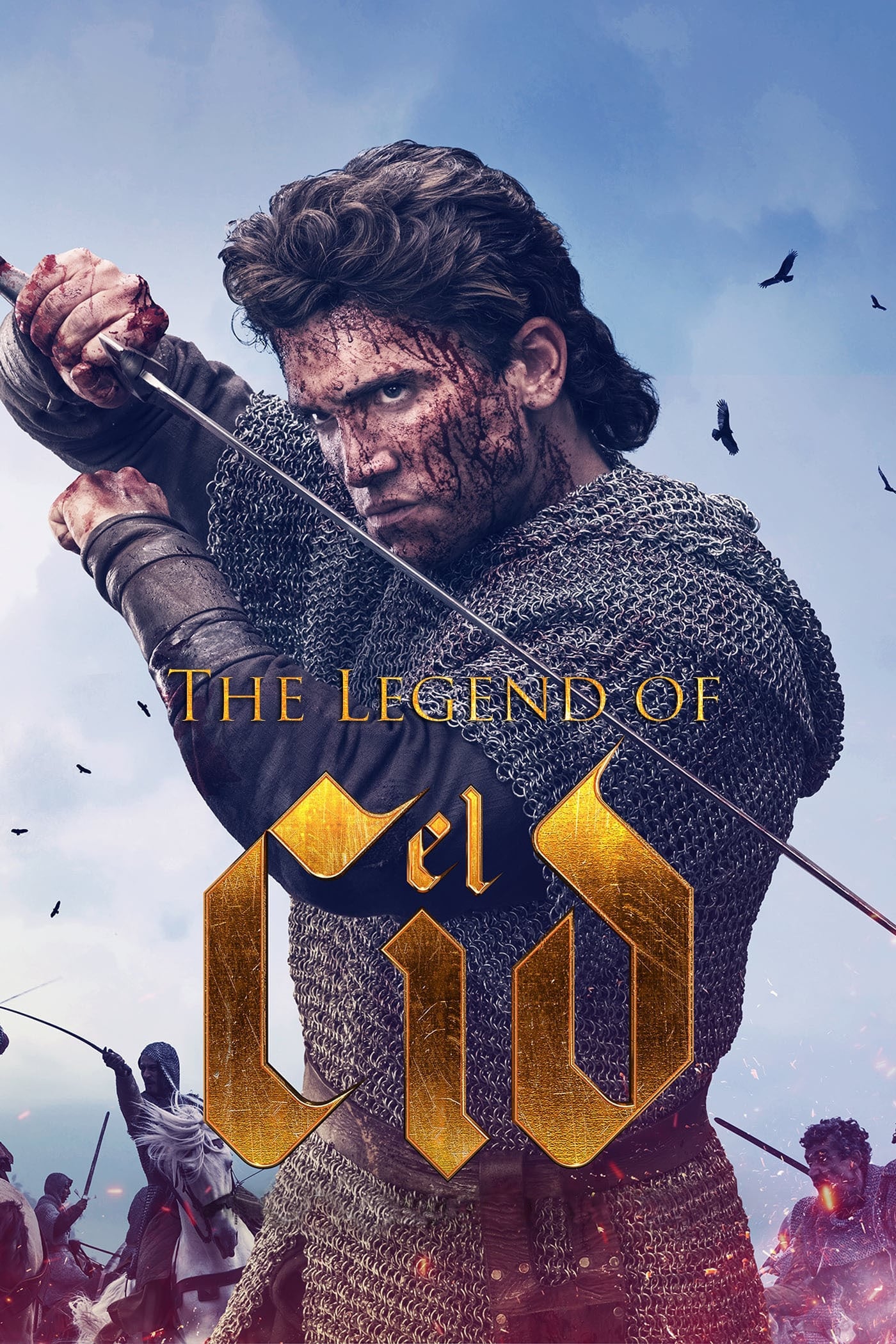
The story of Rodrigo Díaz de Vivar, a Castilian nobleman and war hero in medieval Spain.
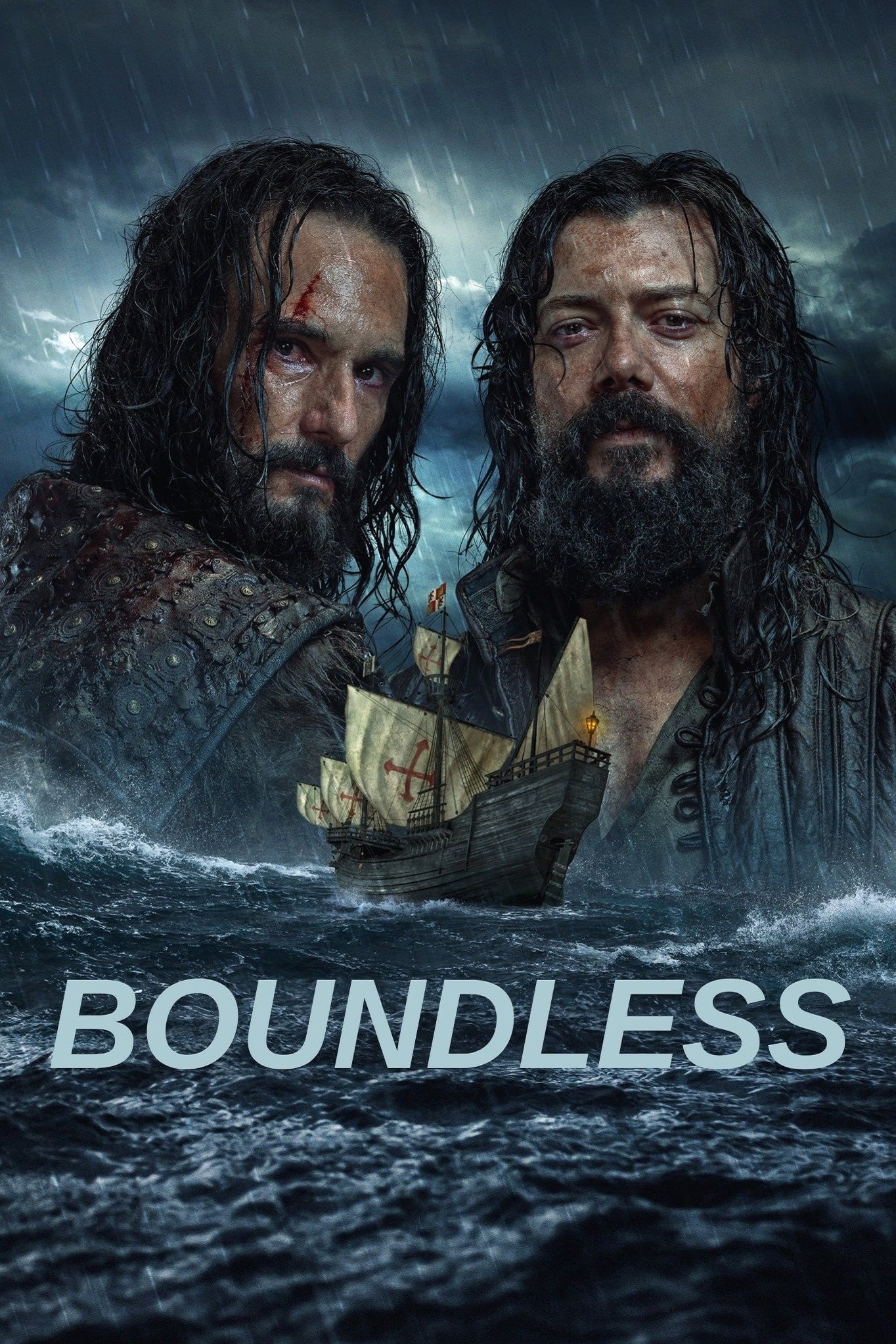
The First Circumvallation Around the World, tracking the 1519–22 voyage initiated by Ferdinand Magellan and culminated by Juan Sebastián Elcano.
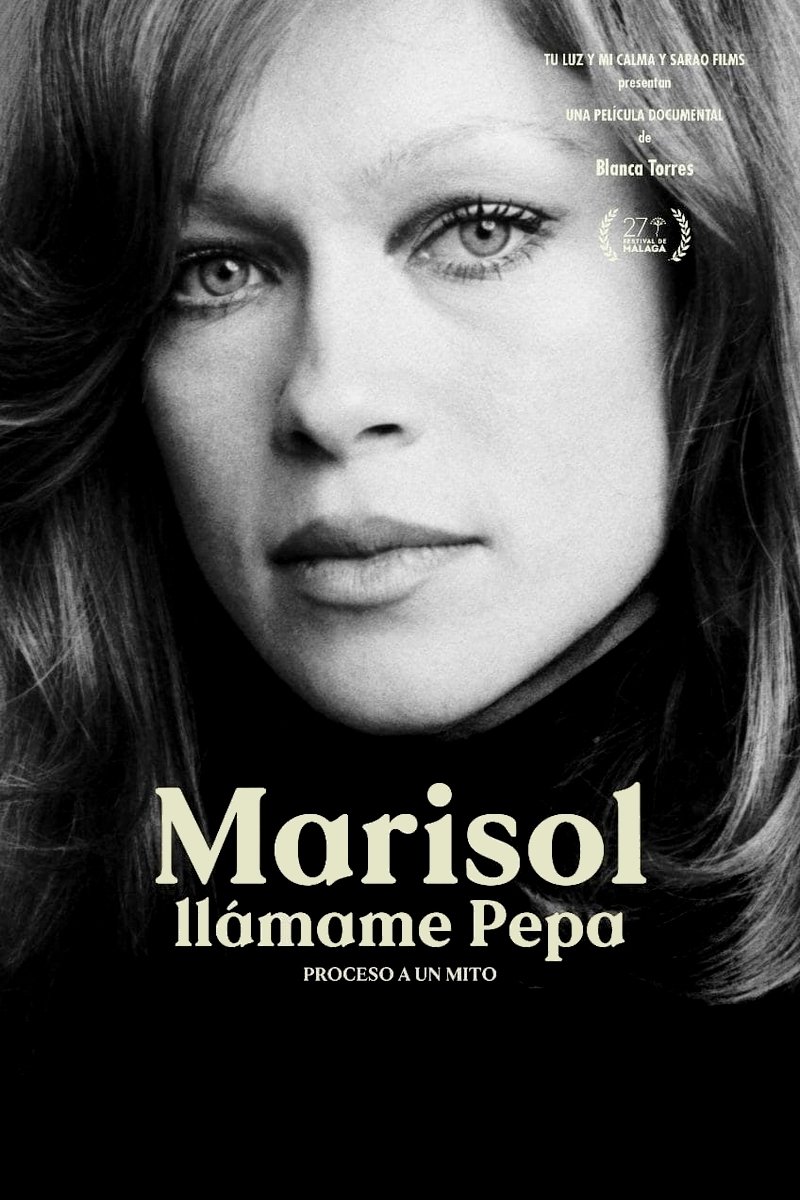
A portrait of the actress and singer Pepa Flores, an incarnation of the recent history of Spain, who, in just twenty-five years of intense career, went from being Marisol, child prodigy of the Franco dictatorship, to being one of the first communist militants, icon of the Transition; an idol of the masses who became a discreet person after having claimed her right to remain silent.
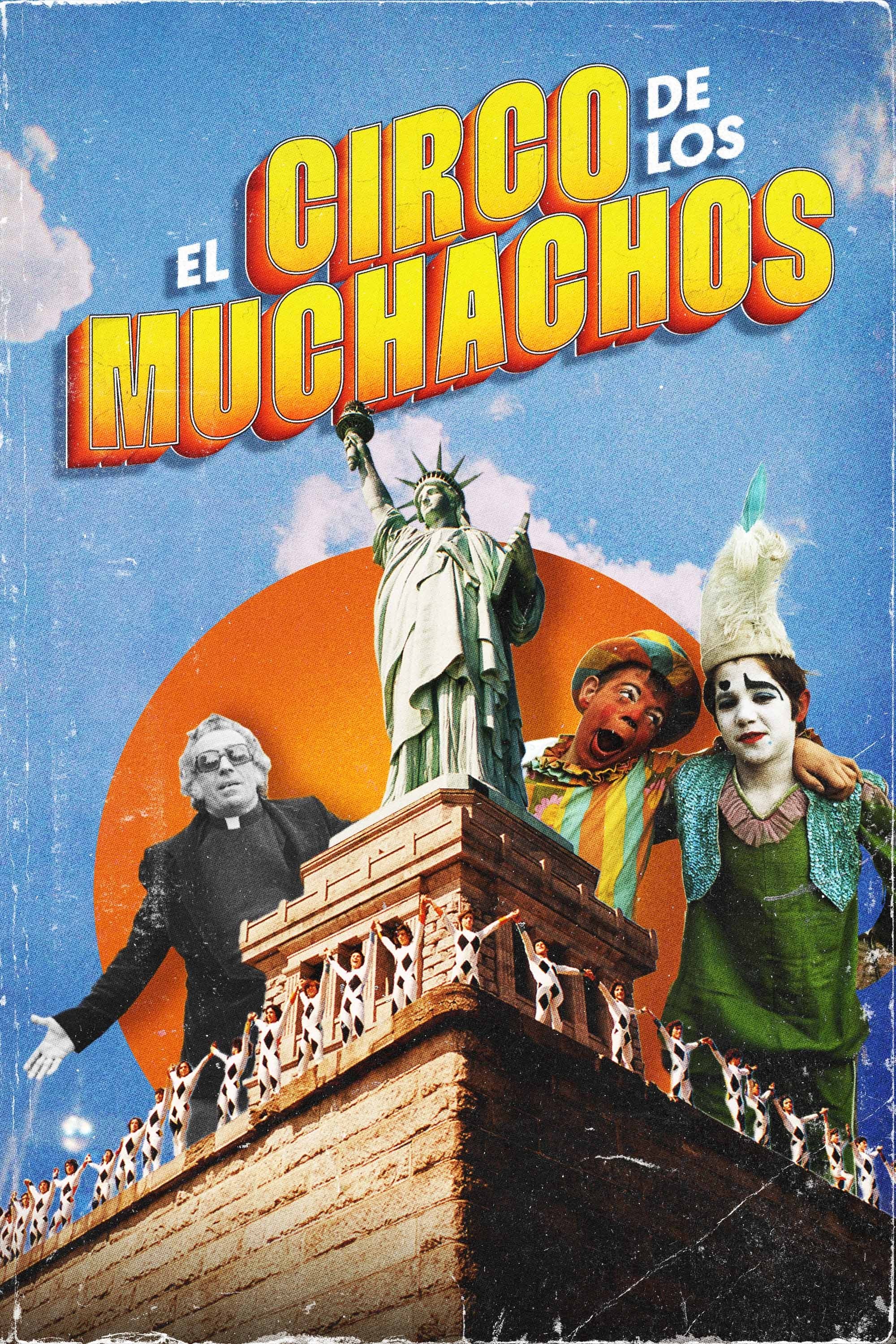
In the 1970s, in the midst of Franco's dictatorship, a Spanish circus astonished the world: the Circo de los Muchachos, which was the visible face of Benposta, a children's republic run by Father Silva: the story of the rise and fall of one of the most unique utopias of the 20th century.
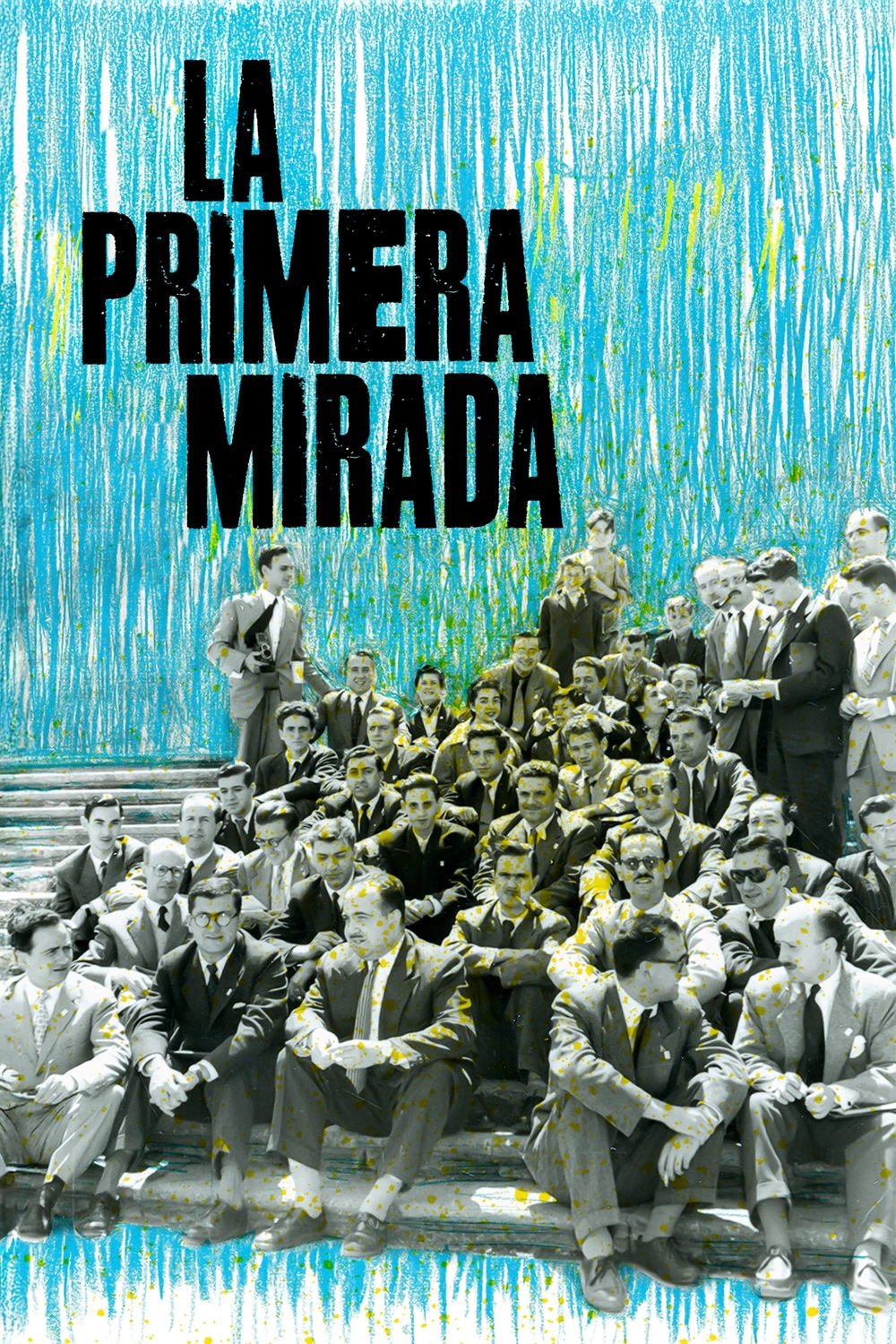
In Spain, a poor country ruined by the recent Civil War (1936-39), and in the midst of Franco's dictatorship, a film school was created in Madrid in 1947, which became, almost unintentionally, a space of freedom and pure experimentation until its closure in 1976.
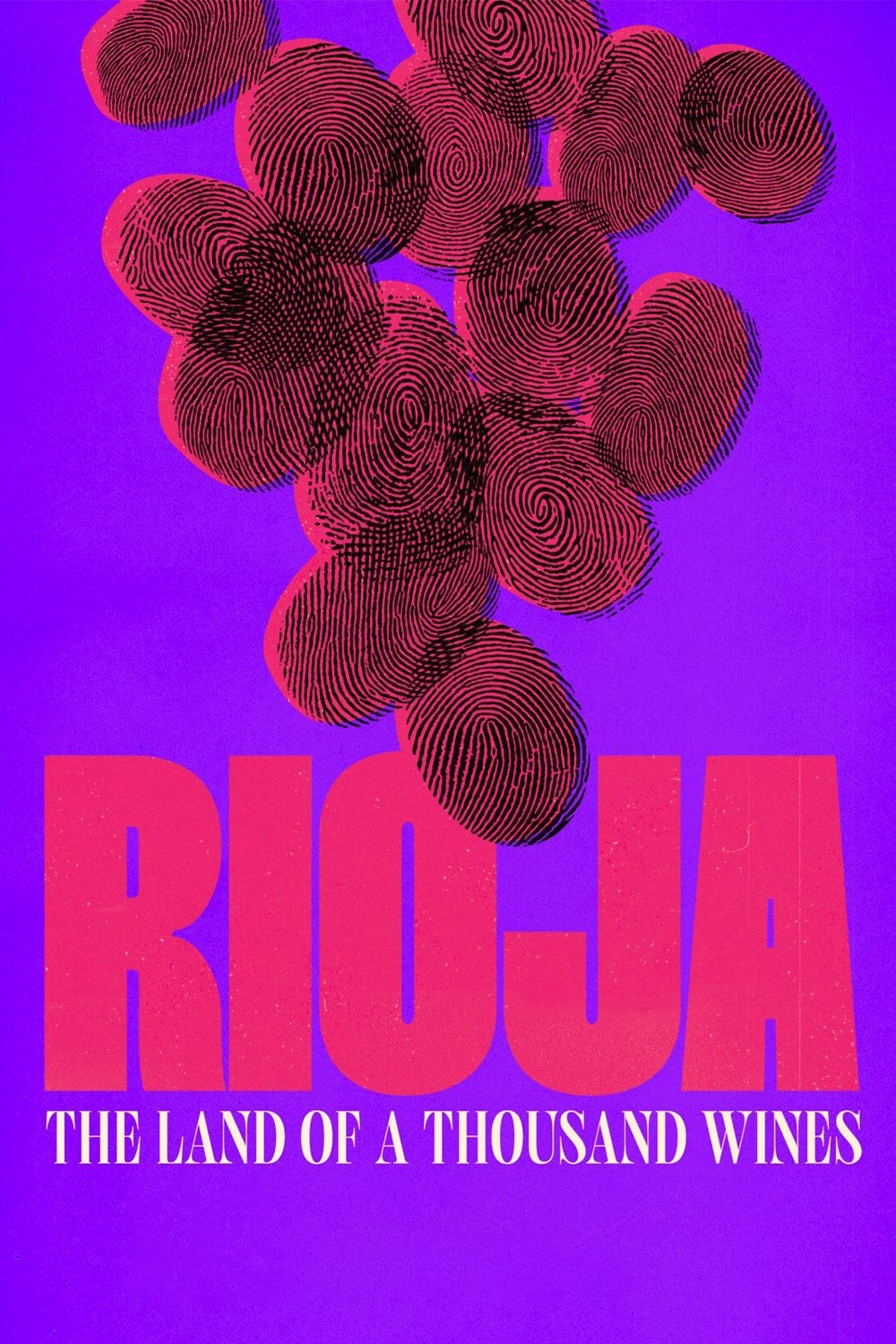
By telling the human stories behind the entire value chain that gives life to the Spanish wine with the greatest international projection, ‘Rioja, Land of the Thousand Wines’ portrays a currently blooming wine region underpinned by the talent and the work of the new generations of winemakers that operate side by side with the region’s historic wineries. The film puts the focus on the match between territory and product, wisdom and tradition, and lays a bridge between the origins and the future of Rioja. An immersion into a fascinating world that, through captivating cinematography and careful editing, attempts to find the keys to understanding what Rioja wine is and what makes it so special.
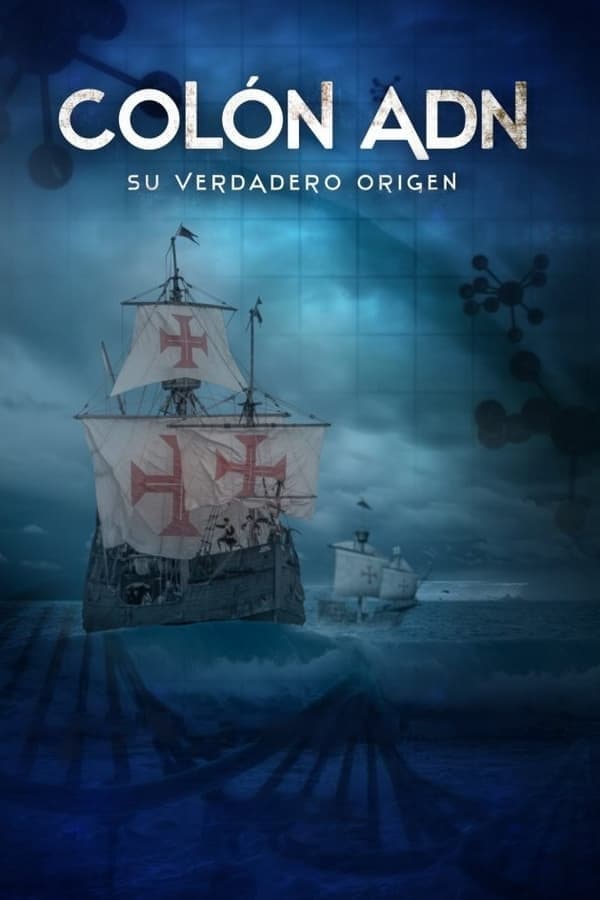
One of the most important and exciting historical research of all time, the study of the DNA of the navigator Christopher Columbus, finally answers two fundamental questions: where do his bones rest? What is his true origin?

On June 7, 1968, ETA assassinates José Pardines, a Guardia Civil officer. On May 3rd, 2018, a communiqué from the terrorist gang announces the dissolution of its structures. Fifty years of terror, fear, pain, truces, negotiations and 826 deaths lie between the two dates.
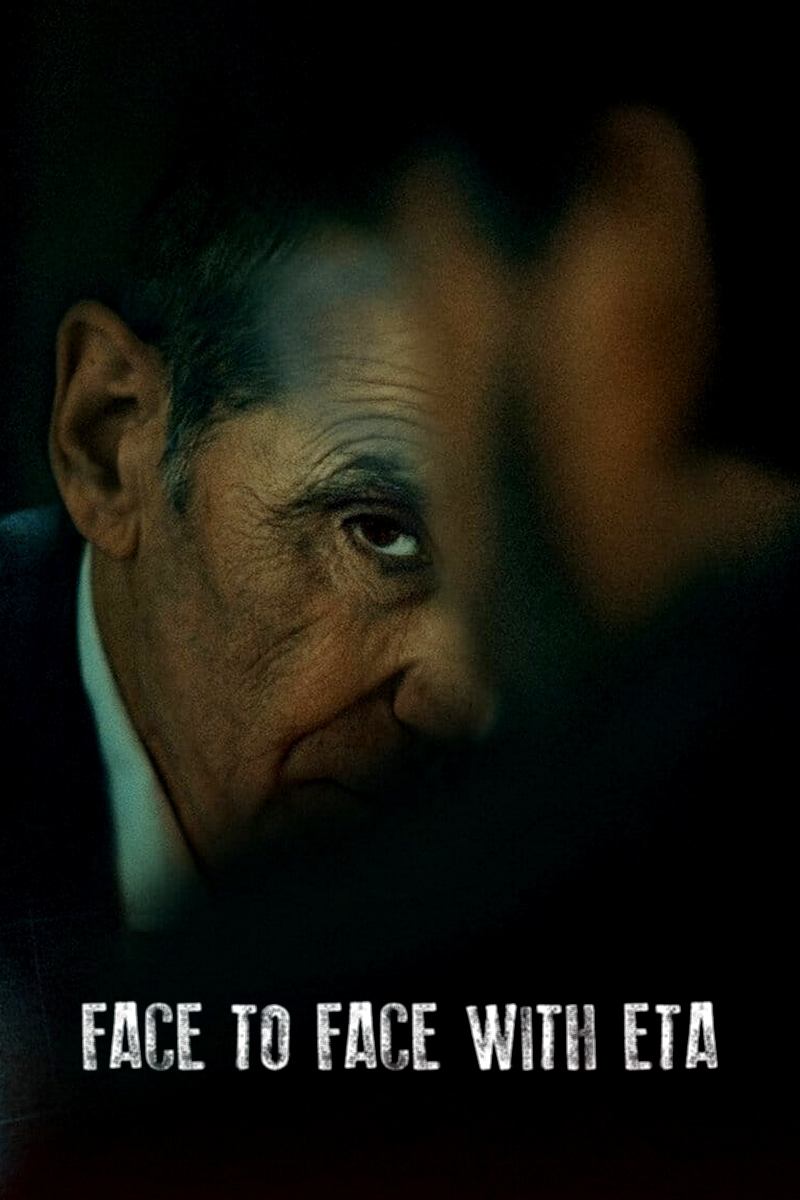
An in-depth interview with José Antonio Urrutikoetxea, known as Josu Ternera, one of the most relevant leaders of the terrorist gang ETA.
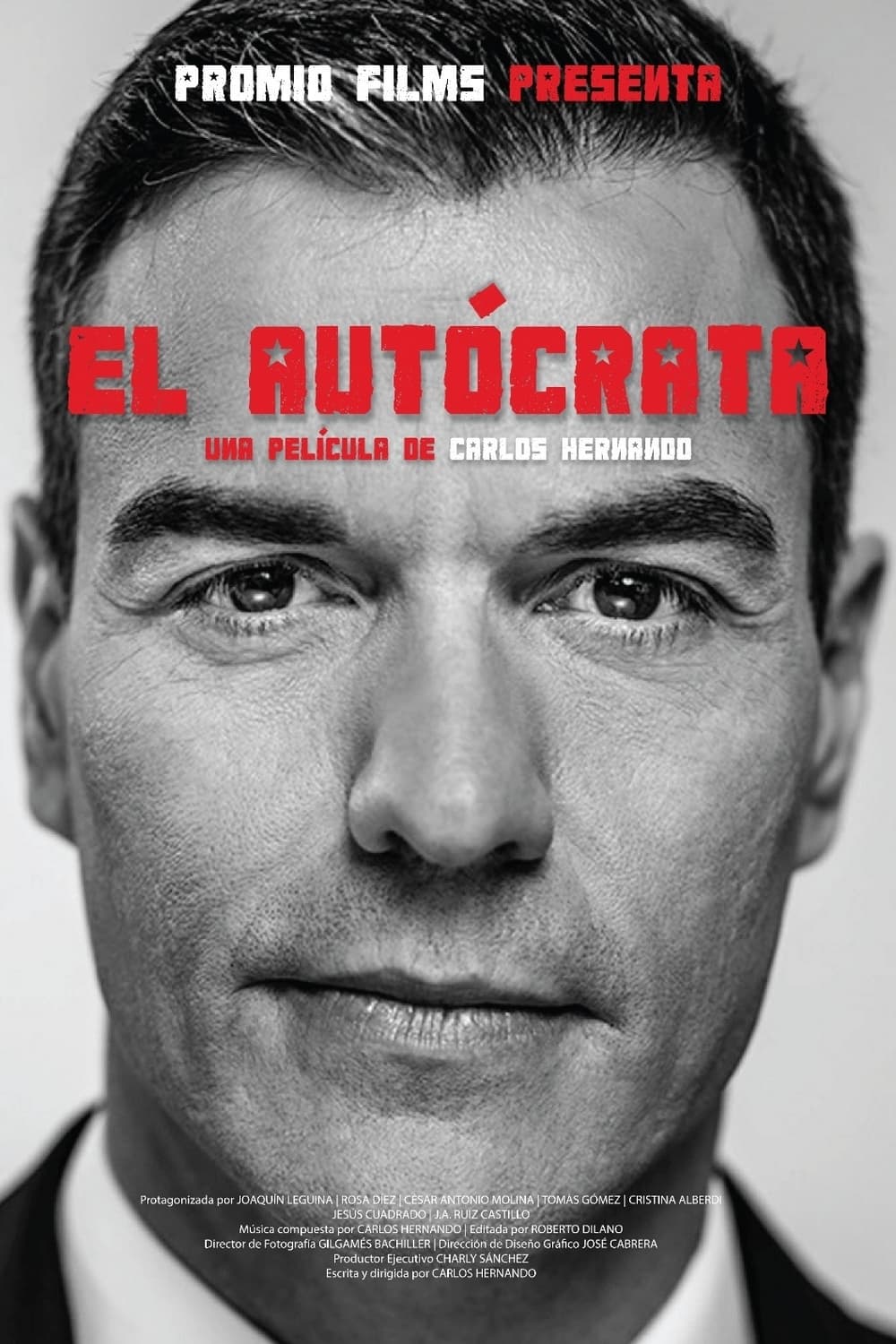
Historical leaders of the PSOE, among them several former ministers, lambast the political legacy of Pedro Sánchez, President of the Government of Spain.

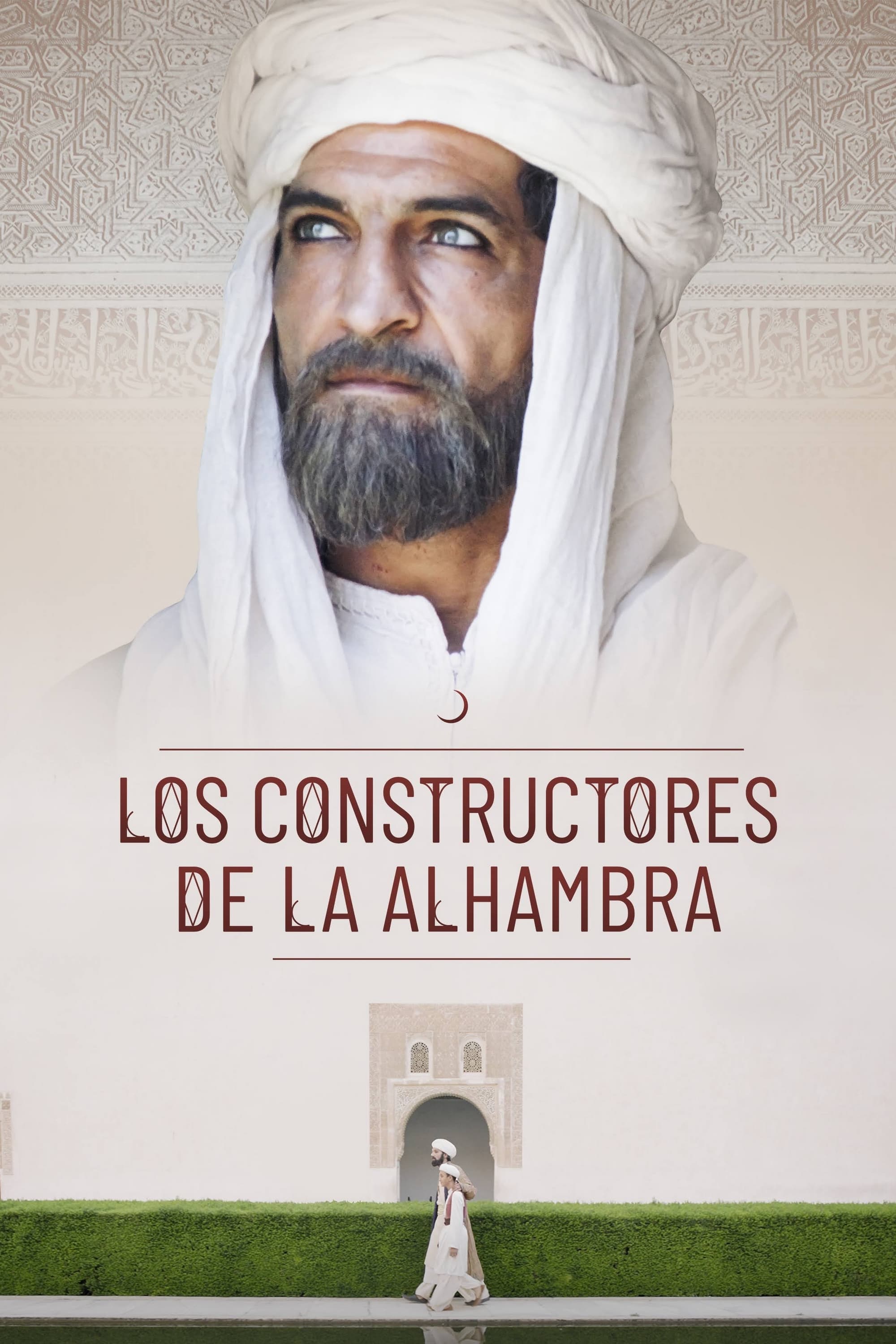
Kingdom of Granada, al-Andalus, 14th century. After recognizing that his land, always under siege, is hopelessly doomed to be conquered, Sultan Yusuf I undertakes the construction of a magnificent fortress with the purpose of turning it into the landmark of his civilization and his history, a glorious monument that will survive the oblivion of the coming centuries: the Alhambra.
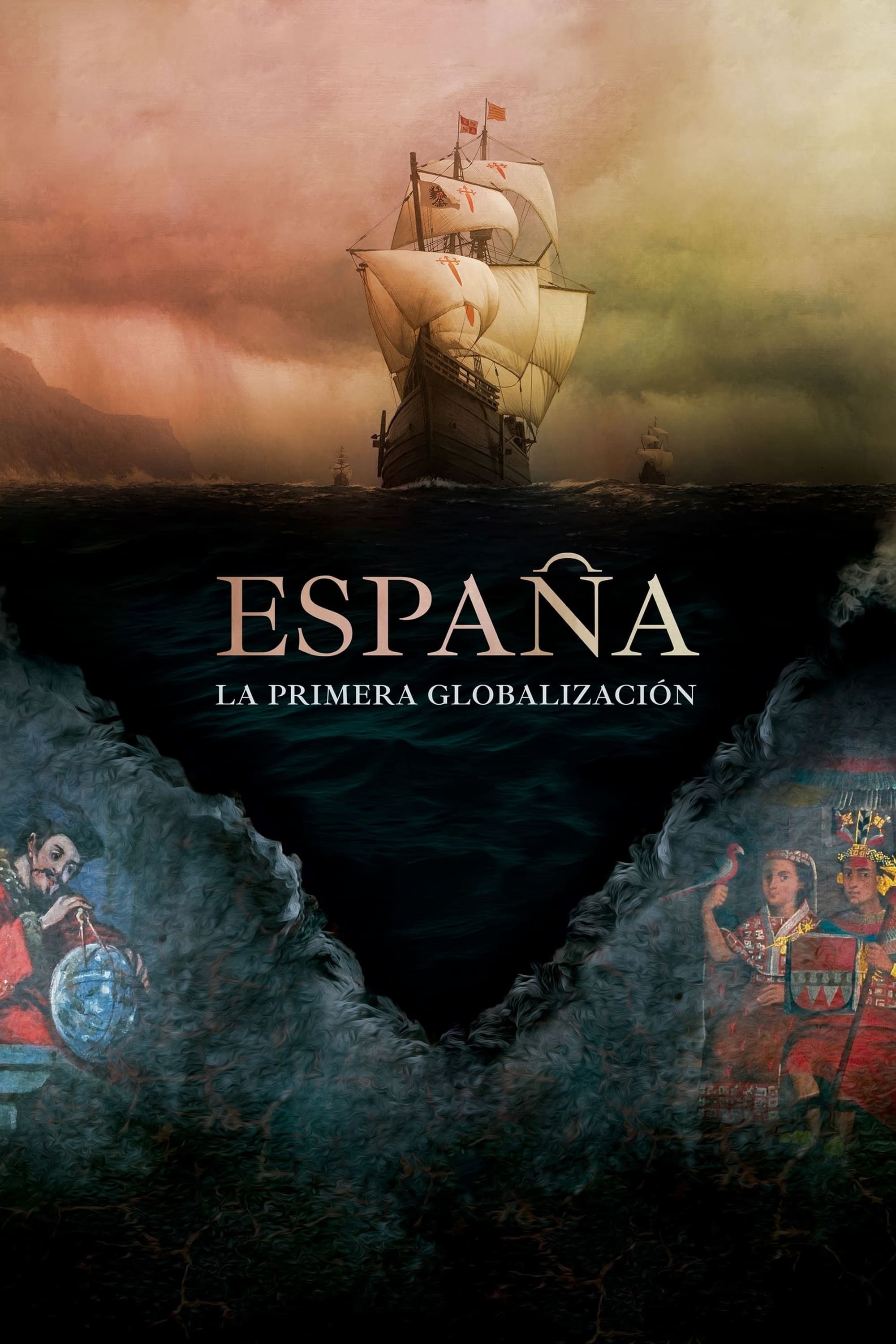
A new reading of the historical period that began with the reign of the Catholic Monarchs (1479-1516) and the discovery of America (1492), as well as an analysis of its undeniable influence on the subsequent evolution of the history of Spain and the world.
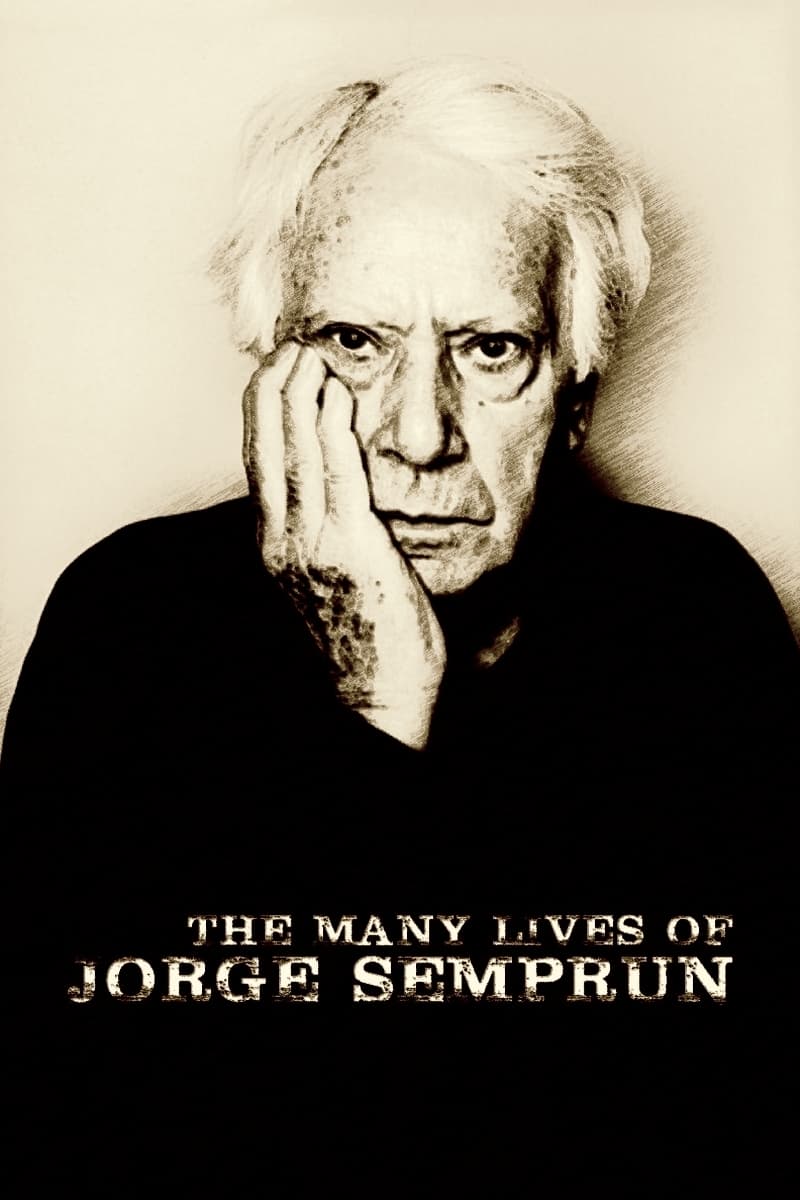
The incredible life of Jorge Semprún (1923-2011): son of a republican intellectual; exiled in the early days of the Spanish Civil War; survivor of the Buchenwald concentration camp during World War II; clandestine communist in Spain during Franco's dictatorship; controversial socialist politician; acclaimed writer, screenwriter and filmmaker.
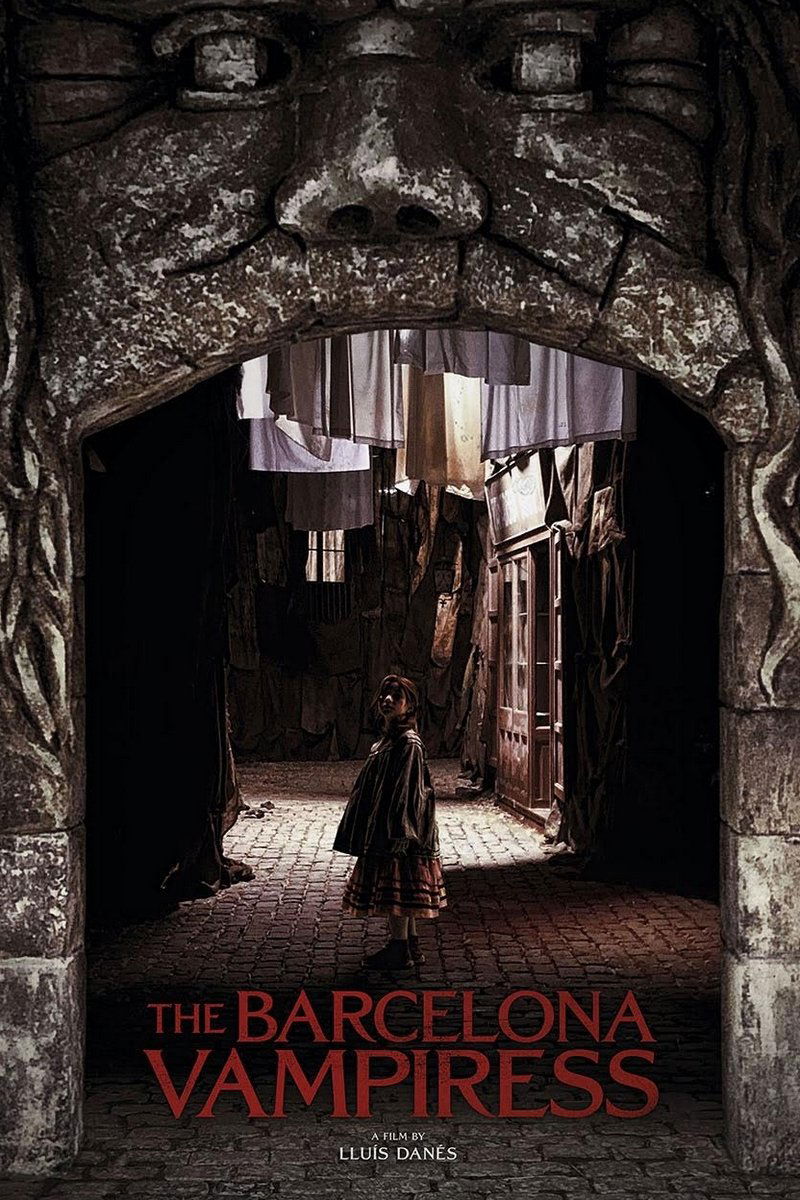
Barcelona, Spain, 1912. The disappearance of a girl from a wealthy family triggers a series of events that will shake the weak foundations of a hypocritical society.

Spain, 1519. Ferdinand Magellan, Portuguese navigator in the service of King Charles I, undertakes, at the command of five ships, a commercial expedition to the Moluccas. The story of the first circumnavigation of the world, completed by Juan Sebastián Elcano in 1522.
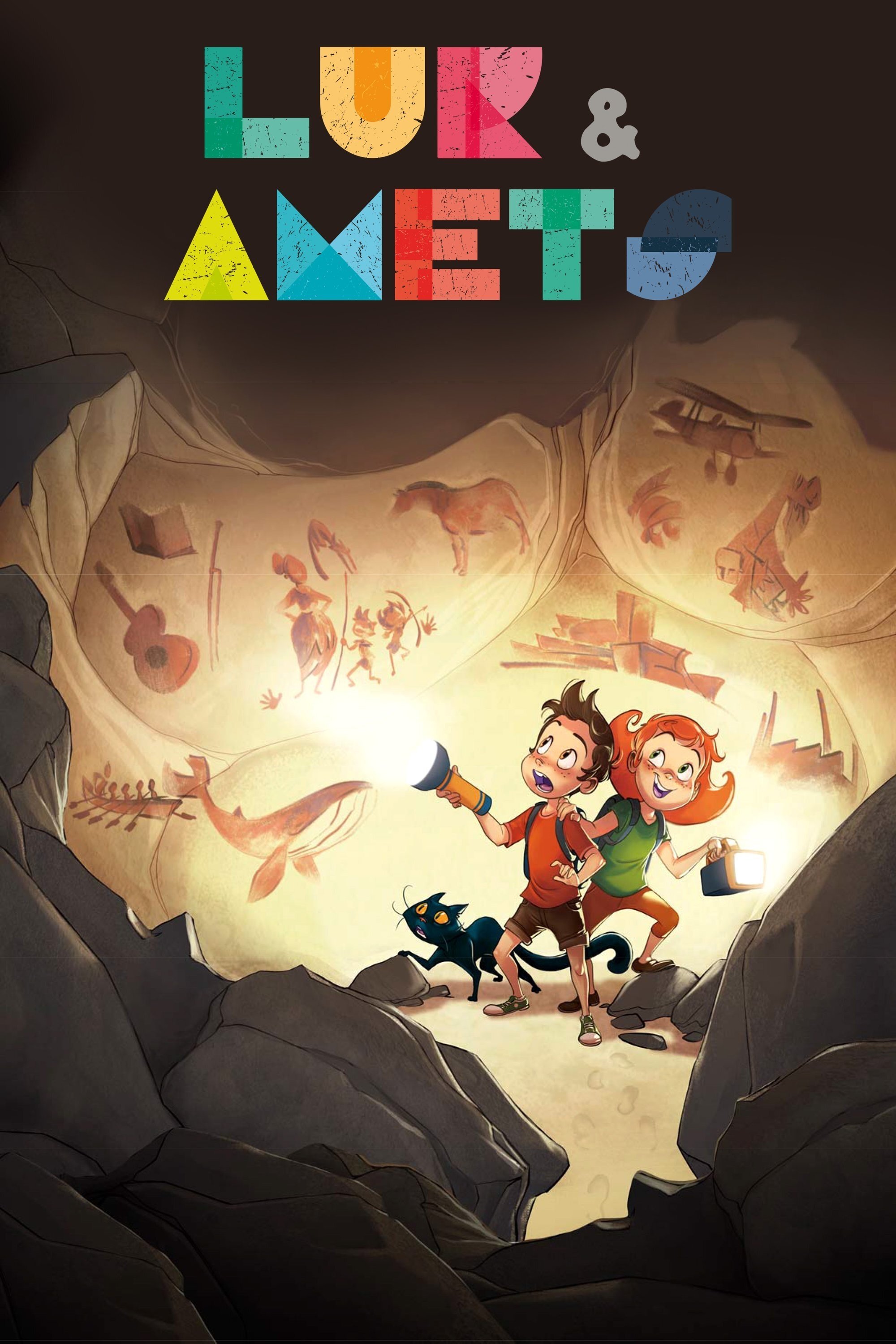
Lur and Amets’ parents have to go to a wedding this weekend. For this reason, they leave the twins at Grandma Andere’s. However, it’s not going to be a conventional weekend thanks to her magic powers and her cat Baltaxar. They will set out on an unforgettable journey travelling to different eras and having new adventures throughout the history of the Basque Country. Although they are the main characters of every story, Andere and Baltaxar will help them. Unfortunately, two evil men will always be hot on their heels.
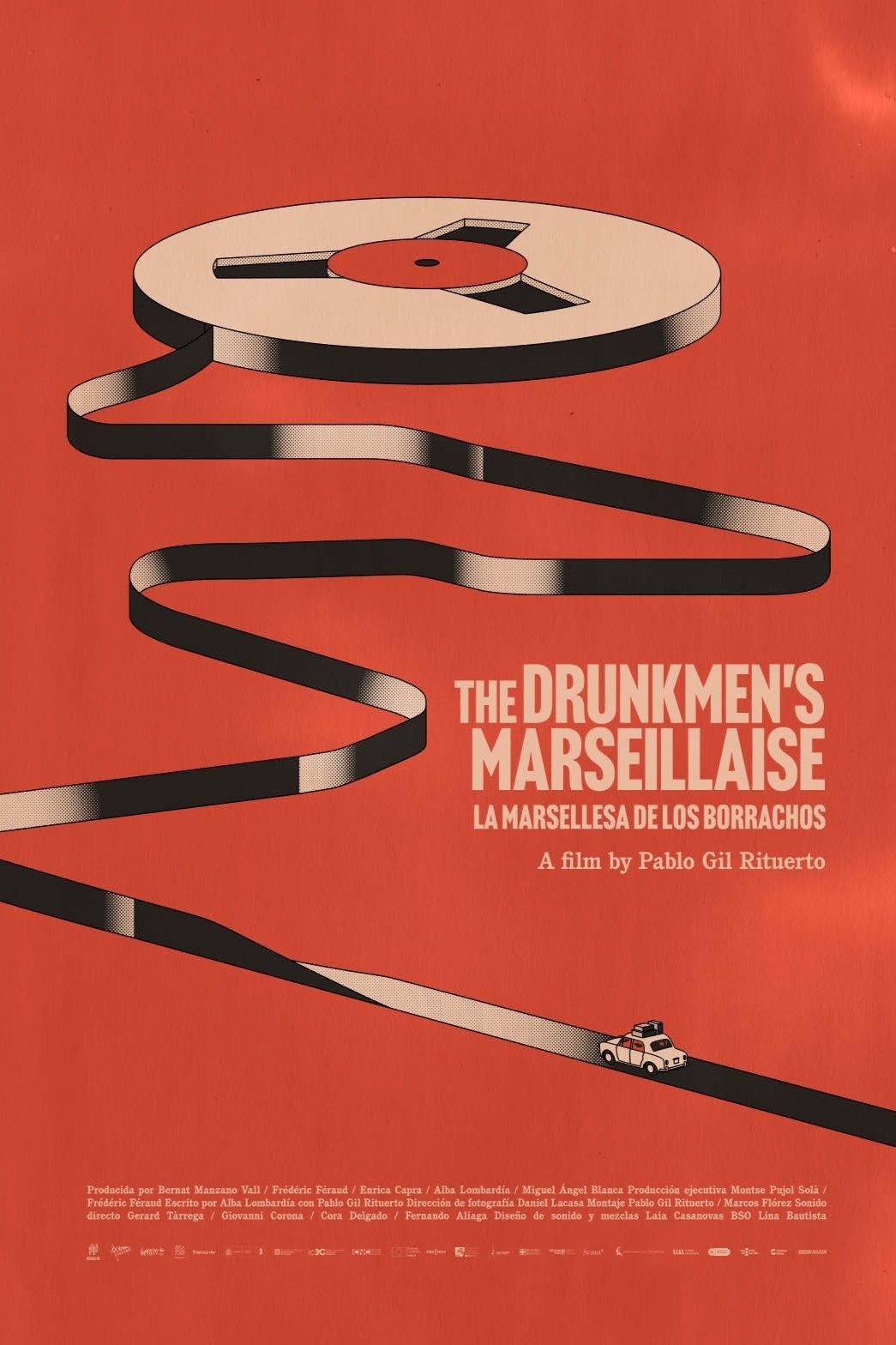
In the summer of 1961, a group of young Italian anthropologists made a clandestine journey through Spain, in order to record popular songs that supported anti-Franco resistance. As a result of their work, they were prosecuted and their recordings were censored. Sixty years later, and guided by Emilio Jona, aged 92, the last living member of that group of travellers, we recover the unpublished recordings and reconstruct the journey, today, across an emotional and political landscape, regaining historical memories through these songs, as relevant today as they were then.
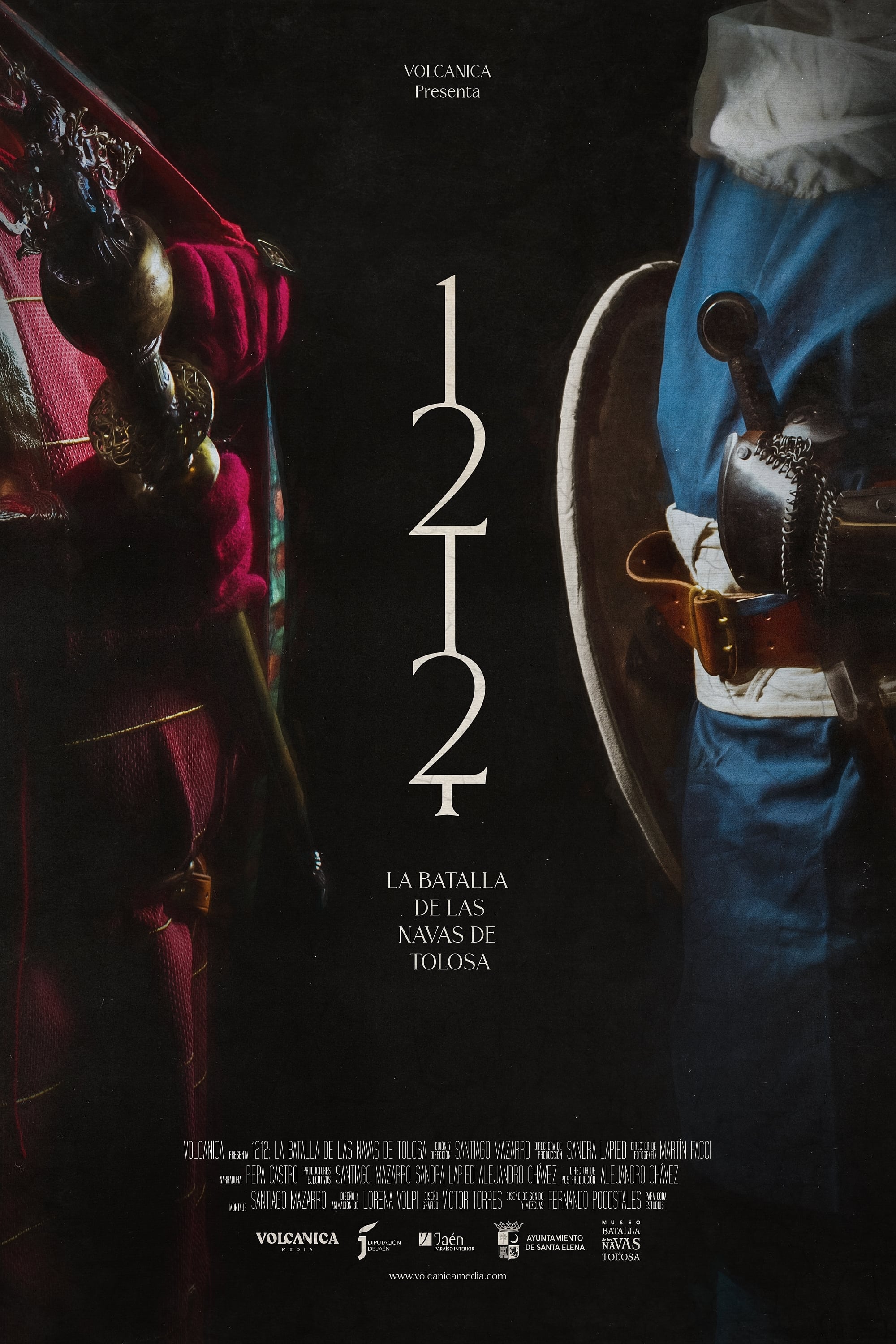
On 16 July 1212, a Crusader army made up of Castilians, Aragonese and Navarrese (but also French, English and Germans) confronted the army of the Almohad Caliph an-Nasir at the foot of the Sierra Morena mountain range. The Battle of Las Navas de Tolosa, as the battle is known, is considered the most important battle of the Middle Ages on the Iberian Peninsula and is a key event in the history of Spain. More than 800 years later, a group of archaeologists and specialists have begun an archaeological study of the battlefield. Is everything that has been said about the battle true? What secrets does the terrain hide? And, above all, what can we learn today about events that took place hundreds of years ago and that pitted tens of thousands of people against each other in the south of our country?

The birth of the Basque terrorist gang ETA and its first attack, of which José Antonio Pardines, a Guardia Civil traffic officer, was the victim.
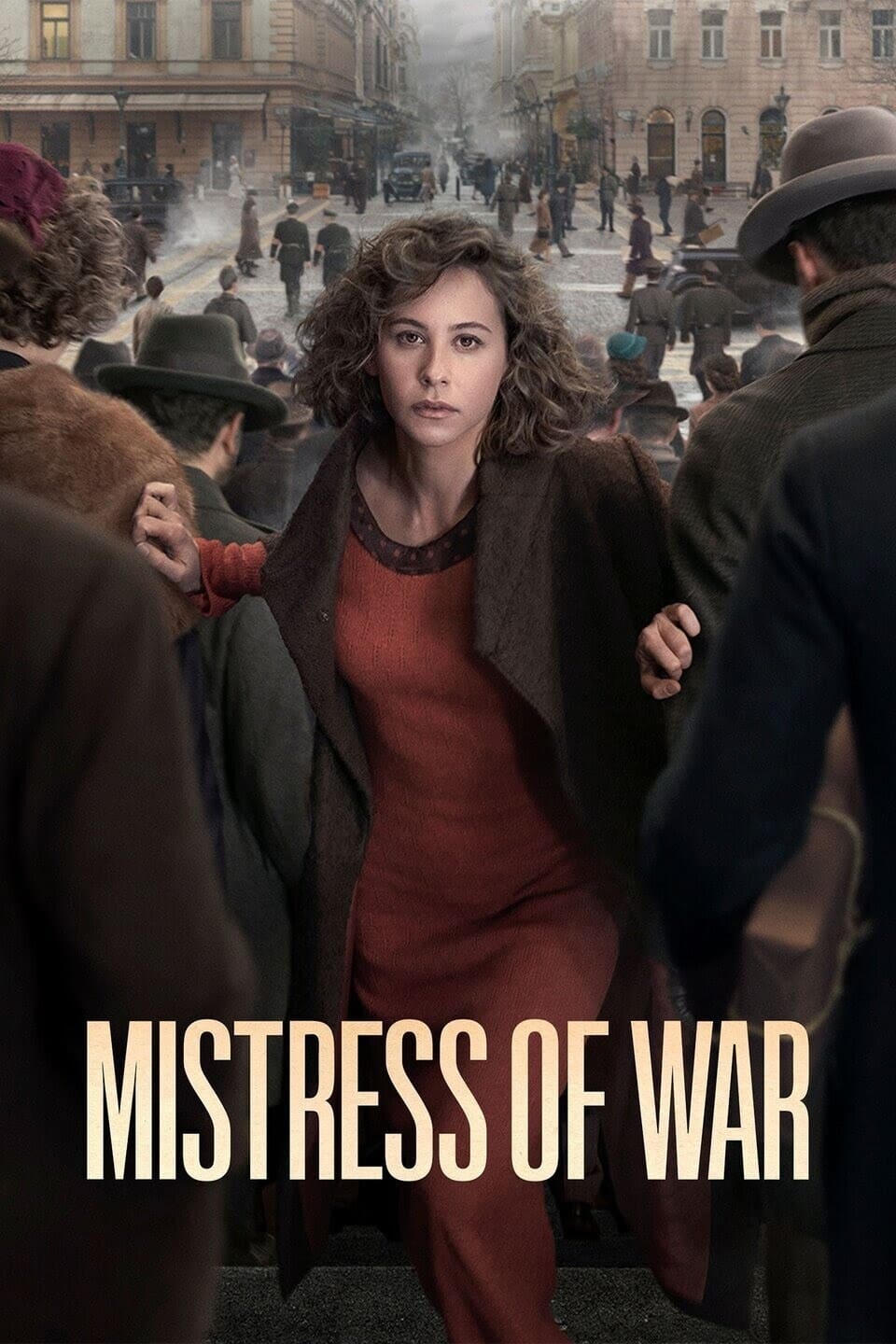
Amelia Garayoa gives up a comfortable life in her fight for freedom, becoming swept up in the greatest conflicts of the 20th century.
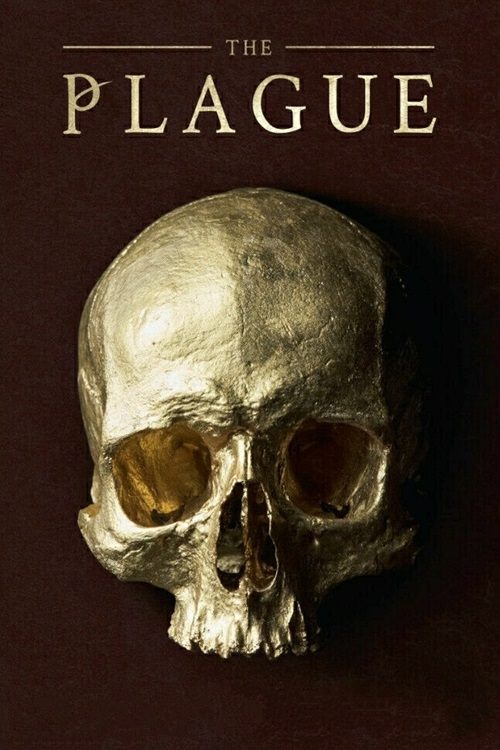
Plague decimates late 16th century Seville, a crowded city where many have arrived to embark for the New World to seek their fortune.

The story of a group of actresses who, in the Spain of the seventies, and in the midst of the democratic Transition, decided to appear nude in the films of that time of radical political change, defying the rigid and deeply rooted social rules.
By browsing this website, you accept our cookies policy.